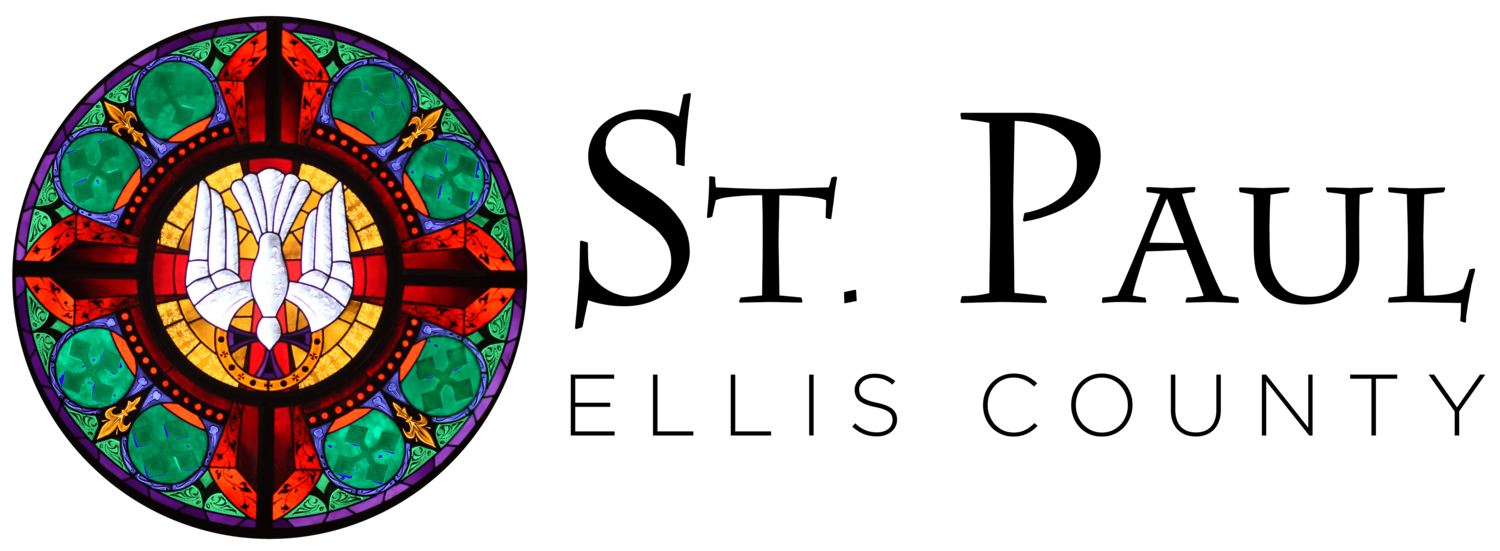Worship is an important way that we love God, care for others, and grow God’s kingdom in and through us .
When it comes to worship, every church is traditional and liturgical. By definition, traditions happen when any elements of worship are repeated, and liturgy is the order in which a particular congregation worships God. Even contemporary churches do things in worship that are repetitive, and every church has an ordered liturgy, even if it is spontaneous. All traditions and liturgies proclaim a story and form the hearts and minds of worshippers. As a result, we believe it is important to be thoughtful and intentional about what goes into our traditions and liturgy.
At St. Paul we seek to connect our worship traditions to the worldwide Anglican Church. We believe this more fully connects us to God, who has come to us in both time and space throughout history. Historical traditions of worship tend to be more biblical than those centered on contemporary culture trends like music. Focusing on these trends can lead to preferences of worship styles that distract from the true heart of worship.
We think music is part of worship that is best framed inside a historical liturgy. When we gather in worship, two highlights of the liturgy are celebrated. The first is the Scripture of God – read, proclaimed and explained. The second is the sacrament of the Lord’s Supper, known as Holy Communion or The Holy Eucharist. These two movements of worship are guided by the Book of Common Prayer.
Since worship tells a story and forms the hearts and minds of worshipers The Book of Common Prayer is centered on the story of Jesus Christ. The story of Jesus includes highlights of His life, death, resurrection, ascension, and the coming of the Holy Spirit in the life of church. We follow this story each year in the context of the church calendar as it moves through each of these life shaping realities of Christ. Advent begins the story of Jesus and focuses on His birth and life. Lent takes us through the wilderness and death of Jesus. Easter celebrates the resurrection and ascension of Jesus. Pentecost celebrates the Holy Spirit coming and working in the life of the church.
In order to more fully form our hearts with Jesus we also seek to keep a balance of the ways we worship Him. We sing, pray, listen, stand, sit, kneel, confess our sin, proclaim creeds, ring bells, bow to God’s presence, make the sign of the cross, light candles, as well as eat and drink the spiritual food of The Lord’s Supper each week. All of these elements connect us to the presence of God in our services and in our daily lives in a fuller way than focusing on just one or two of these things like music and preaching can do.
Our way of worship helps us follow Jesus through our broken lives together and receive wholeness from Him.







